Singapore Sustainability Scholarship (NEA): 2025 Profile & Application Guide
TL;DR
Use NEA’s official SSS listing and the linked application portal to confirm the current intake, tracks, and required documents before applying.
Sponsor: National Environment AgencyBond: Bond 4-6 YearsOverseas: Exchange / Attachment Possible
01 Dec 2025, 00:00 Z
Reviewed by
Marcus Pang·Managing Director (Maths)
Planning a revision session? Use our study places near me map to find libraries, community study rooms, and late-night spots.
Q: What does Singapore Sustainability Scholarship (NEA): 2025 Profile & Application Guide cover?
A: A source-linked overview of eligibility, coverage, and bond terms for the Singapore Sustainability Scholarship (SSS), based on NEA’s official listing.
TL;DR Use NEA’s official SSS listing and the linked application portal to confirm the current intake, tracks, and required documents before applying.
Scholarship Snapshot
- Status: Official listing is available on NEA’s scholarships page (checked 27 Jan 2026).
- Official Listing: Scholarships (NEA)
- Application Portal: BrightSparks — NEA/PUB/SFA profile
- Application Cycle (NEA listing): Runs from October and closes two weeks after the release of ‘A’ Level results.
- Who It Targets (NEA listing): Graduating GCE ‘A’ Level, IB, polytechnic, and NUS High students; mid-term undergraduate routes are also stated to be available.
- Eligibility (NEA listing): Singapore Citizens, or Singapore Permanent Residents intending to take up Singapore citizenship.
- Tenable For (NEA listing): Undergraduate studies at local or overseas universities.
- Bond (NEA listing): Local: 4 years; Overseas: 6 years; Overseas (non-English speaking countries): 5 years.
Award Components
NEA’s listing distinguishes between full-term and mid-term awards:
- Full-term scholarship (NEA listing): Tuition fees and other compulsory fees, maintenance allowance, a one-time pre-studies allowance, and return economy class airfare (for overseas studies).
- Mid-term scholarship (NEA listing): Tuition fees and other compulsory fees (including back payment of fees incurred prior to award), maintenance allowance (from point of award), and one-way economy class airfare from the country of study (for overseas studies).
Application Roadmap
- Check NEA’s SSS listing for the current cycle window and track details.
- Use the linked application portal for the application form, required documents, and deadlines.
- Confirm whether you are applying as full-term or mid-term, and whether your discipline/course is eligible (NEA listing includes engineering and science clusters).
- Prepare transcripts, a concise project/impact portfolio, and referees who can speak to leadership and service orientation.




